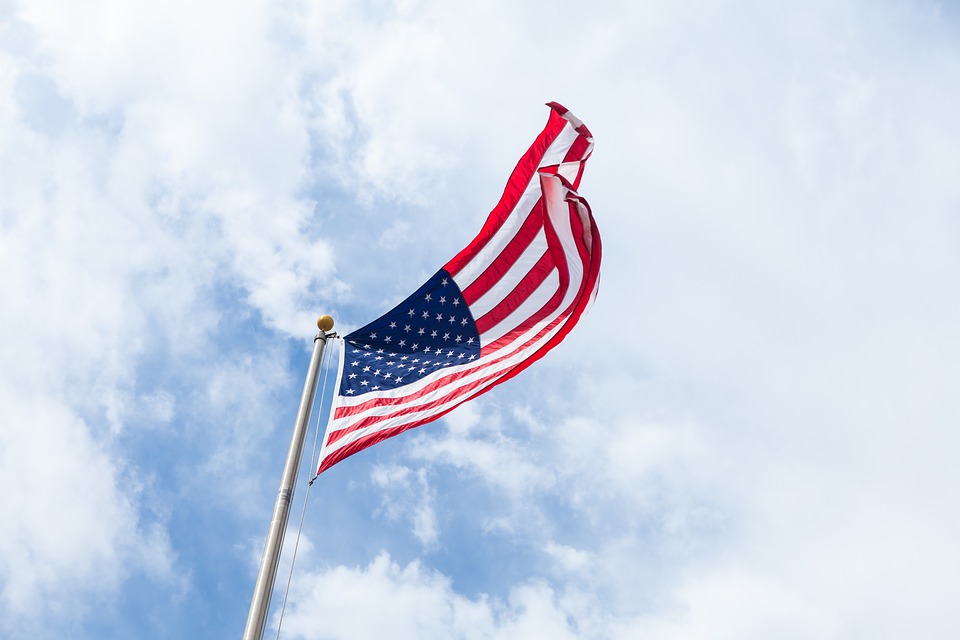Looking to the Effects of Social Media in the Wake of Election Results
By Nyasha Jernigan In Social Media, Social Media News Brief, Social Networking
Information after election day now shows us how social media has changed the way that people follow the election results and how they enter the discussion on candidates through social media. One of the key sites for election day interactions was Twitter. Between the start of election day and 3am the next day when Trump claimed his victory Twitter saw more than 75 million tweets that were related to the election. This is up from 2012, when there were only around 31 million tweets that were related to that election. It is clear from these statistics alone that more people are turning to social media when it comes to coverage of important events.
In a study that was conducted on how social media actually changes people’s opinions on a political subject, it was clear that social media can do more than just get people interacting with one another. The study discovered that 20% of social media users said they had changed an opinion about a social or political issue because of something they saw on social media. Additionally, 17% reported that social media had changed their view on a political candidate. In the majority of cases, the view had changed for the worse rather than for the better.
Many people worry about the way that social media can effect discourse on different political subjects just because of the format of social media itself. Some argue that there is no room for educated and civil discourse when social media users are communicating in memes and in 140 character bursts. The interactions between people on either side of the political spectrum within social media, appear in general to be negative interactions that degrade quickly to name calling. There is also concern that social media gets people to focus more on scandals rather than on the policies of the candidates.
One thing is certain, social media appears to make political opinions and interactions much more present in people’s everyday life, making it harder for people to avoid looking at the different sides of the argument. Candidates and average citizens alike have the ability to interact in completely new ways throughout this discussion. Whether this is beneficial or problematic for political discourse in our country remains to be seen.



No Comment